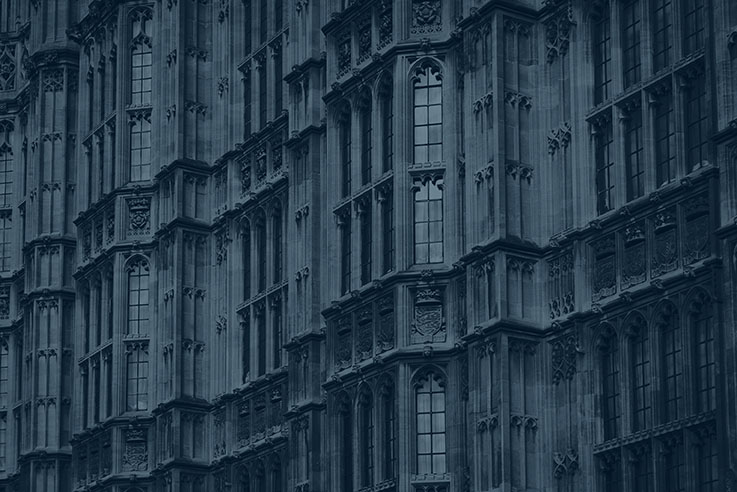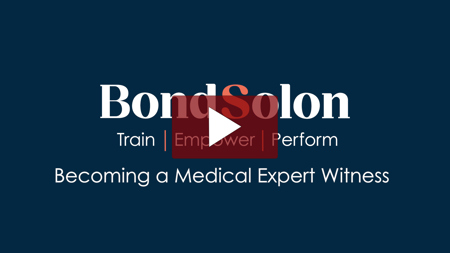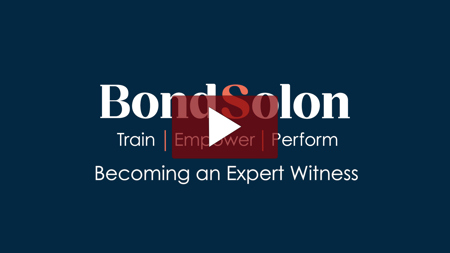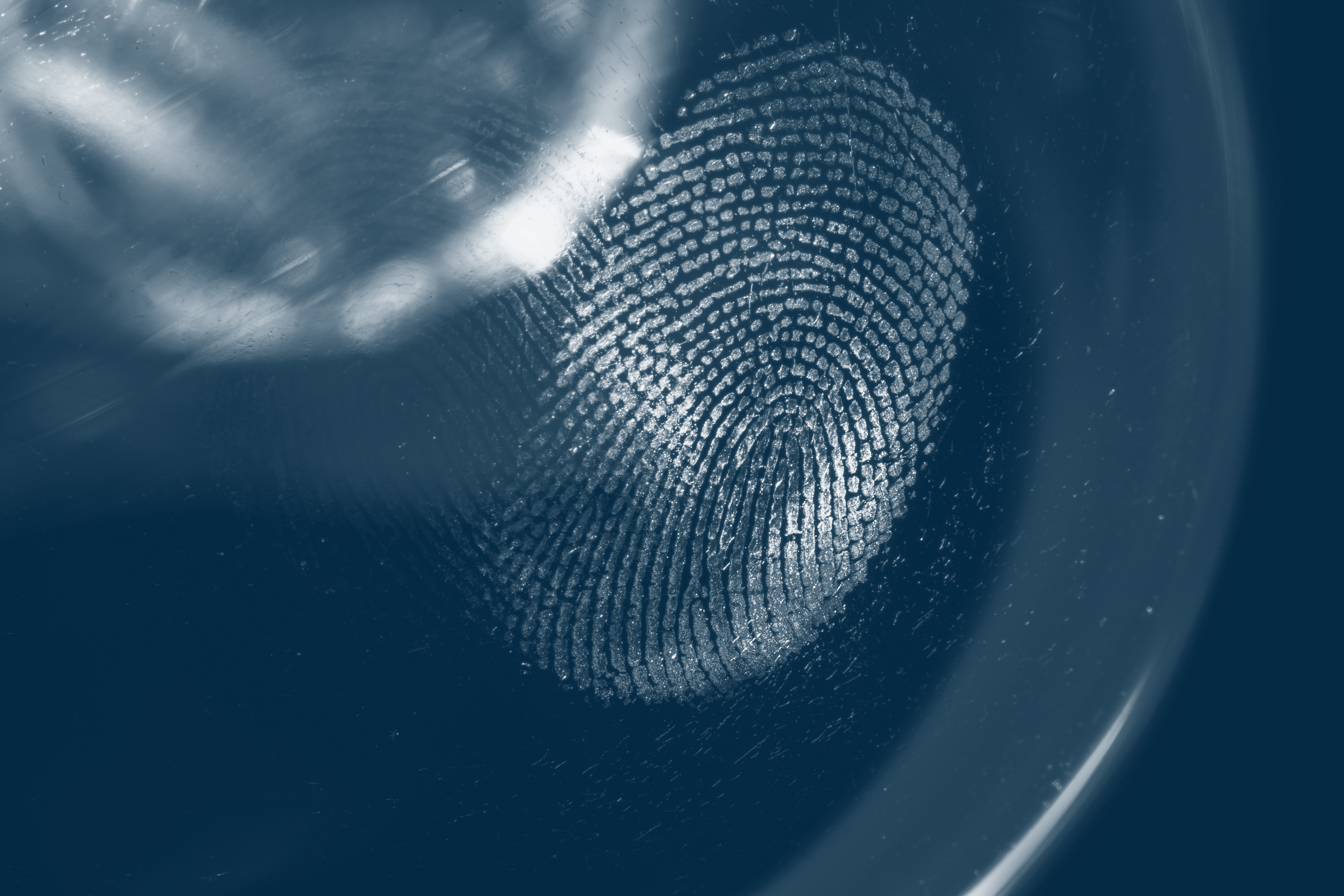
In these short videos, you will see what the expert witness role involves and decide if it fits your goals. Choose the video made for your background: one for medical and healthcare professionals, the other for experts from nonmedical and nonhealthcare fields.
You will learn when you are regarded as an expert, what an expert witness does, the types of cases you may support, the training and professional standards expected, and how this work can benefit your practice and profile.
What is an Expert Witness?
Expert Witnesses play a fundamental role within the judicial system by providing opinion evidence on specialist or technical matters within their area of expertise.
Expert witness work is highly rewarding. It is an opportunity for professionals of a certain level to diversity the services they offer and put their experience, knowledge and qualifications to good use in the legal setting. Many expert witnesses find the work very interesting due to the different types of cases they are required to examine. It is also financially rewarding and provides an extra source of income.
In this 7 minute video, Tim Davies, offers an insight into life as an expert witness. He explains how he first became an expert witness, what the role really involves day to day, and the types of cases he is typically instructed on.
He also reflects on the highs and lows of the work - from the professional satisfaction to the challenges - and shares practical advice for professionals considering taking their first steps into expert witness practice.
Meet The Expert - Tim Davies, Chartered Surveyor, Valuer and Expert Witness
Start your Expert Witness journey
Explore top Expert Witness courses:
Frequently Asked Questions
An expert witness is a person who has been instructed to give or prepare expert evidence for the purpose of legal proceedings.
In practice, this is a person with either professional or technical knowledge and experience, whose opinion will be of value to the court on matters which are or may be outside its expertise.
Expert witnesses will be instructed by a party (usually a law firm) to provide their specialist knowledge by way of an opinion on a particular issue/set of issues or facts in a case to help resolve a dispute.
While their opinion is sought by one party (or sometimes both parties in a dispute – otherwise known as a single joint expert), an expert’s overriding duty is to assist the court with the ultimate outcome of a dispute by providing a report that is independent, objective and unbiased.
A factual witness or witness of fact provides evidence in court about events they personally witnessed or experienced, which helps establish the facts of a case. Unlike expert witnesses, they cannot offer opinions and interpretations based on expertise.
There are no legal requirements or mandatory qualifications to become an expert witness.
The level and type of professional experience required will differ from case to case, but generally speaking, instructing parties are likely to choose an expert witness based on two factors:
- Their specialist knowledge on a particular subject area.
- The number and type of cases they have worked on or any formal training they have undertaken in how to work as an expert witness.
The Academy of Medical Royal Colleges has issued guidance for medical and healthcare witnesses that states “Healthcare professionals who act as expert witnesses should undertake specific training for being an expert witness and the expectations and responsibilities of this role. Training should be kept up to date with appropriate refresher courses…”
This guidance has been endorsed by most healthcare professional bodies and regulators in the UK.
Outside of the healthcare field, many professional bodies and regulators have guidance of their own for members who act as expert witnesses that addresses the training required to fulfil the role of an expert.
Expert witness work requires a different set of skills to a person’s main professional role. Experts must possess the competency to produce court compliant expert witness reports and, if necessary, give oral evidence in court and other legal forums.
It is also essential experts understand how to comply with the rules governing their work. As with any professional role, training and CPD is needed to perform the work to best practice standards.
The primary duty of an expert witness is to assist the court by providing objective and unbiased opinions within their field of expertise, independent of the party instructing them.
In England & Wales, expert witnesses acting in civil disputes must adhere to the Civil Procedure Rules. Equivalent rules apply for experts instructed in criminal and family cases in England & Wales, and in other legal jurisdictions in the UK and elsewhere.
For example, a doctor serving as an expert witness might testify about their reading of an x-ray, even though x-rays are typically considered hearsay in court. To be considered an expert witness, the witness must have knowledge, skills, experience, or training regarding the testimony.
An Expert Witness Report (also known as a medico-legal or medico-legal) report, is a report which is written by a doctor or another health professional for legal proceedings. A medico-legal report is the written evidence of a medical or allied expert witness.
Expert witnesses are required to outline their qualifications, training, and experience in their reports, supported by a CV included as an appendix.
Additionally, Bond Solon's University Certified Programmes are widely regarded as the gold standard for those who act as expert witnesses.






